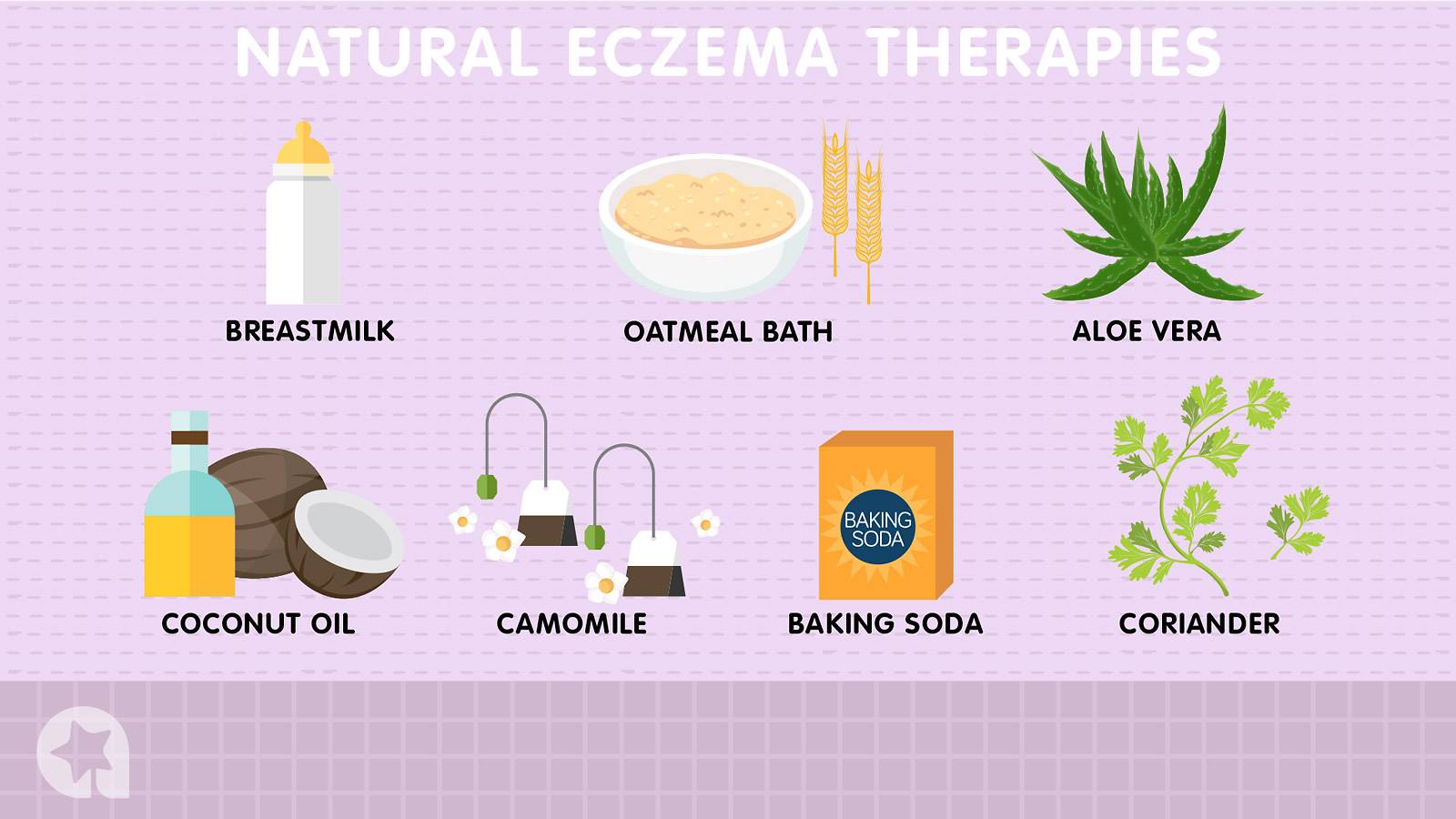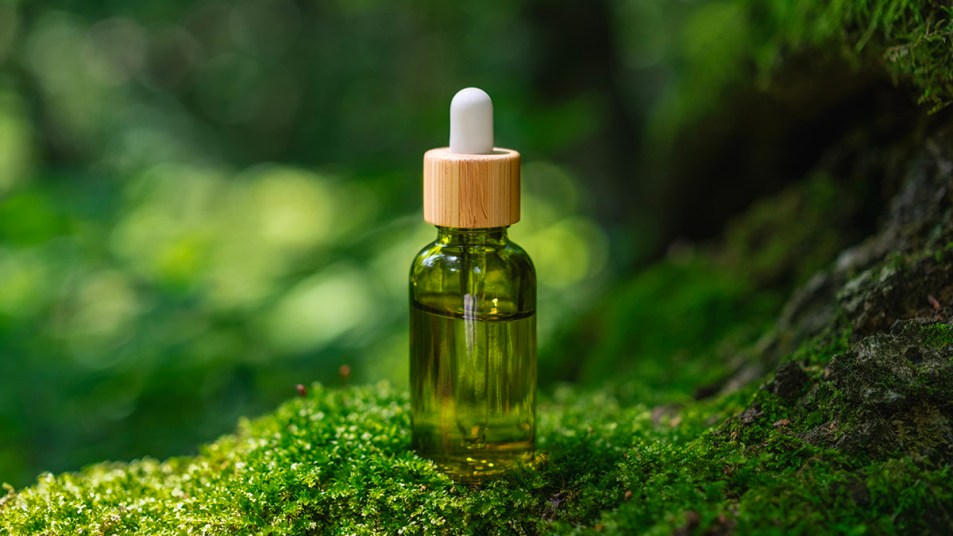Eczema, also known as atopic dermatitis, is a chronic skin condition characterized by inflammation, itching, and a red, dry, and flaky rash. The exact cause of eczema is not known, but it is believed to be a combination of genetic and environmental factors. Common triggers for eczema flare-ups include irritants such as soap, detergents, and certain fabrics, as well as allergens like pollen, pet dander, and dust mites. Symptoms can vary from person to person but typically include intense itching, redness, dryness, and skin thickening. If you experience these symptoms, it is important to seek medical advice for proper diagnosis and treatment.
What is Eczema and its common causes?
Eczema, also known as atopic dermatitis, is a chronic skin condition characterized by inflammation, itching, and a red, dry, and flaky rash. The exact cause of eczema is not known, but it is believed to be a combination of genetic and environmental factors. Common triggers for eczema flare-ups include irritants such as soap, detergents, and certain fabrics, as well as allergens like pollen, pet dander, and dust mites. It is important to be aware of these triggers in order to manage and prevent eczema symptoms effectively.
Identifying the symptoms of Eczema

Identifying the symptoms of eczema is crucial for effective management of the condition. Some common signs to look out for include red, inflamed skin, intense itching, dry and scaly patches, and in severe cases, the skin may crack and ooze. Eczema can occur on any part of the body but is most commonly found on the face, hands, and the insides of elbows and knees. It is important to consult a healthcare professional for an accurate diagnosis if you suspect you have eczema, as early identification can lead to better treatment outcomes.
Aloe Vera: The Soothing Powerhouse
Aloe vera is a powerful natural remedy for soothing and healing eczema. Its gel-like substance contains anti-inflammatory and moisturizing properties that help relieve itching and reduce inflammation. Aloe vera also promotes the regeneration of skin cells, leading to faster healing of eczema patches. Applying aloe vera directly to the affected areas can provide immediate relief and reduce redness and swelling. Additionally, consuming aloe vera juice can also benefit those with eczema, as it can support the immune system and reduce inflammation from within. Incorporating aloe vera into your eczema skincare routine can help soothe and heal your skin naturally.
Benefits of Aloe Vera for Eczema
Aloe vera is a powerful natural remedy for soothing and healing eczema. Its gel-like substance contains anti-inflammatory and moisturizing properties that help relieve itching and reduce inflammation. Aloe vera also promotes the regeneration of skin cells, leading to faster healing of eczema patches. Applying aloe vera directly to the affected areas can provide immediate relief and reduce redness and swelling. Additionally, consuming aloe vera juice can also benefit those with eczema, as it can support the immune system and reduce inflammation from within. Incorporating aloe vera into your eczema skincare routine can help soothe and heal your skin naturally.
Ways to use Aloe Vera for Eczema relief

To use aloe vera for eczema relief, there are a few effective methods you can try:
- Apply aloe vera gel directly to the affected areas of your skin. Gently massage it in and let it absorb for a few minutes before rinsing it off or leaving it on overnight.
- Mix aloe vera gel with a few drops of tea tree oil or coconut oil for added benefits. This combination can help soothe the itching and reduce inflammation.
- Drink aloe vera juice or take aloe vera supplements to promote healing from within. This can support your immune system and reduce inflammation throughout your body.
Remember to do a patch test before using aloe vera on a larger area, and consult with a dermatologist if you have any concerns or specific allergies.
Chamomile: Calming the Itch
Chamomile, a popular herbal remedy, has soothing properties that can help calm the itchiness associated with eczema. It contains anti-inflammatory compounds that reduce redness and irritation on the skin. Chamomile can also promote healing, thanks to its antibacterial and antiseptic properties. To use chamomile for eczema treatment, you can infuse dried chamomile flowers in hot water and apply the cooled tea directly to the affected areas. Alternatively, chamomile essential oil can be diluted and applied topically for relief. Remember to do a patch test before using chamomile to ensure you don’t have any allergies.
How Chamomile helps in treating Eczema
Chamomile is a natural remedy that can effectively treat eczema. It contains anti-inflammatory compounds that reduce redness and irritation on the skin, providing relief from itching and discomfort. Chamomile also has antibacterial and antiseptic properties, which promote healing and prevent infection. Whether used as a tea or in the form of chamomile essential oil, this herb can soothe the symptoms of eczema and provide a calming effect on the skin. Remember to do a patch test before using chamomile to ensure it suits your skin and doesn’t cause any allergies.
Various forms of Chamomile for Eczema treatment
There are several forms of chamomile that can be used for treating eczema, providing various options for individuals with different preferences. Here are some common forms of chamomile for eczema treatment:
- Chamomile tea: Drinking chamomile tea can help soothe the symptoms of eczema from the inside out, as it has anti-inflammatory and antioxidant properties.
- Chamomile essential oil: Diluting chamomile essential oil and applying it topically can help reduce redness and inflammation associated with eczema. It should be mixed with a carrier oil before application.
- Chamomile bath: Adding chamomile tea bags or essential oil to a warm bath can provide a nourishing and soothing treatment for eczema-prone skin.
- Chamomile cream or ointment: Applying chamomile-infused creams or ointments directly to the affected areas can help moisturize, calm, and heal the skin.
Remember to consult with a healthcare professional before starting any new treatment.
Coconut Oil: Nourish and Moisturize
Coconut oil is an excellent natural remedy for nourishing and moisturizing eczema-prone skin. It contains healthy fats that lock in moisture and create a protective barrier on the skin’s surface. The lauric acid in coconut oil has antimicrobial properties, which can help prevent infections and reduce inflammation. Applying coconut oil directly to the affected areas can provide relief from itching, redness, and dryness. It is important to choose organic, unrefined coconut oil to ensure its purity and effectiveness. Regular use of coconut oil can help soothe and heal eczema symptoms naturally.
The healing properties of Coconut Oil on Eczema

Coconut oil has remarkable healing properties that can benefit individuals with eczema. Its rich content of healthy fats helps nourish and moisturize the skin, creating a protective barrier that prevents water loss. Coconut oil contains lauric acid, which has antimicrobial properties that can inhibit bacterial growth and reduce inflammation. Applying coconut oil directly to the affected areas can provide relief from itching, redness, and dryness. Regular use of coconut oil can help soothe and heal eczema symptoms naturally, promoting healthier and more hydrated skin.
Different applications of Coconut Oil for Eczema
When it comes to using coconut oil for eczema, there are various applications you can try. Here are a few ways to incorporate coconut oil into your eczema skincare routine:
- Direct application: Simply apply a small amount of coconut oil directly to the affected areas of your skin. Massage gently until absorbed.
- Coconut oil bath: Add a few tablespoons of coconut oil to your bathwater for added moisture and nourishment for your skin.
- DIY coconut oil lotion: Mix equal parts coconut oil and shea butter to create a homemade lotion. Apply it to your skin for deep hydration.
- Coconut oil scalp treatment: If you have eczema on your scalp, apply coconut oil to the affected areas before washing your hair to help soothe inflammation and alleviate itchiness.
Remember to patch test before using coconut oil, and consult with a healthcare professional if you have any concerns or allergies.
Tea Tree Oil: Fighting Inflammation
Tea Tree Oil is known for its powerful anti-inflammatory properties, making it an effective natural remedy for eczema. It helps reduce redness, itching, and swelling associated with eczema flare-ups. Tea tree oil contains terpinen-4-ol, which has been found to have strong anti-inflammatory effects. When applied topically to the affected areas, tea tree oil can help soothe inflammation and provide relief from eczema symptoms. However, it is important to dilute tea tree oil with a carrier oil, as it can be potent and may cause skin irritation if used undiluted.
Anti-inflammatory effects of Tea Tree Oil on Eczema
Tea Tree Oil is well-known for its powerful anti-inflammatory properties, making it an effective natural remedy for eczema. Its active component, terpinen-4-ol, has strong anti-inflammatory effects that can help reduce redness, itching, and swelling associated with eczema flare-ups. By applying diluted tea tree oil topically to the affected areas, you can soothe inflammation and find relief from eczema symptoms. However, it’s crucial to dilute tea tree oil with a carrier oil to avoid skin irritation. So, harness the anti-inflammatory power of tea tree oil and experience the calming effects it can have on your eczema.
How to use Tea Tree Oil for Eczema relief

To use Tea Tree Oil for eczema relief, start by diluting it with a carrier oil such as coconut or jojoba oil. Mix 10-12 drops of Tea Tree Oil with 1 ounce of carrier oil. Gently apply this mixture to the affected areas of your skin using clean hands or a cotton ball. Allow it to absorb into the skin and provide its soothing effects. It’s important to patch test before using Tea Tree Oil on larger areas to ensure no adverse reactions. Repeat this process 2-3 times a day for best results.
Conclusion
In conclusion, herbal remedies can provide effective relief for eczema symptoms. Aloe vera, chamomile, coconut oil, and tea tree oil are all natural options that can soothe and heal your skin. They offer anti-inflammatory, moisturizing, and calming properties that target the underlying causes of eczema. By incorporating these remedies into your skincare routine, you can manage and alleviate the discomfort of eczema naturally. Remember to patch test before using any new product and consult with a healthcare professional for severe or persistent symptoms. Take control of your eczema and enjoy healthier, happier skin.
The effectiveness of Herbal Remedies for Eczema
Herbal remedies for eczema have been found to be highly effective in soothing and healing the skin naturally. Aloe vera, chamomile, coconut oil, and tea tree oil are all powerful ingredients that offer anti-inflammatory, moisturizing, and calming properties. These remedies target the underlying causes of eczema and provide relief from symptoms such as itching, redness, and dryness. By incorporating these natural remedies into your skincare routine, you can effectively manage and alleviate the discomfort of eczema. Say goodbye to harsh chemicals and embrace the power of herbal remedies for healthier, happier skin.
Tips for managing Eczema symptoms naturally

To manage eczema symptoms naturally, try these tips:
- Keep your skin moisturized: Apply natural moisturizers like coconut oil or aloe vera daily to keep your skin hydrated and prevent dryness.
- Avoid irritants: Stay away from harsh soaps, fragrances, and chemicals that can trigger eczema flare-ups.
- Wear soft and breathable fabrics: Choose cotton or linen clothing to minimize irritation and allow your skin to breathe.
- Practice stress management: Stress can worsen eczema symptoms, so try relaxation techniques like meditation or yoga to reduce stress levels.
- Keep your fingernails short: Short nails can prevent scratching and further skin damage.
- Avoid hot showers: Hot water can dry out your skin, so opt for lukewarm showers instead.
- Stay away from known triggers: Identify and avoid triggers that worsen your eczema symptoms, such as certain foods or environmental factors.
By implementing these natural strategies, you can effectively manage and reduce eczema symptoms.

